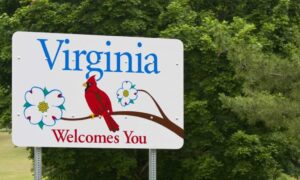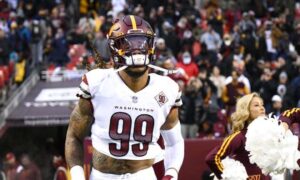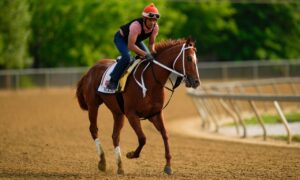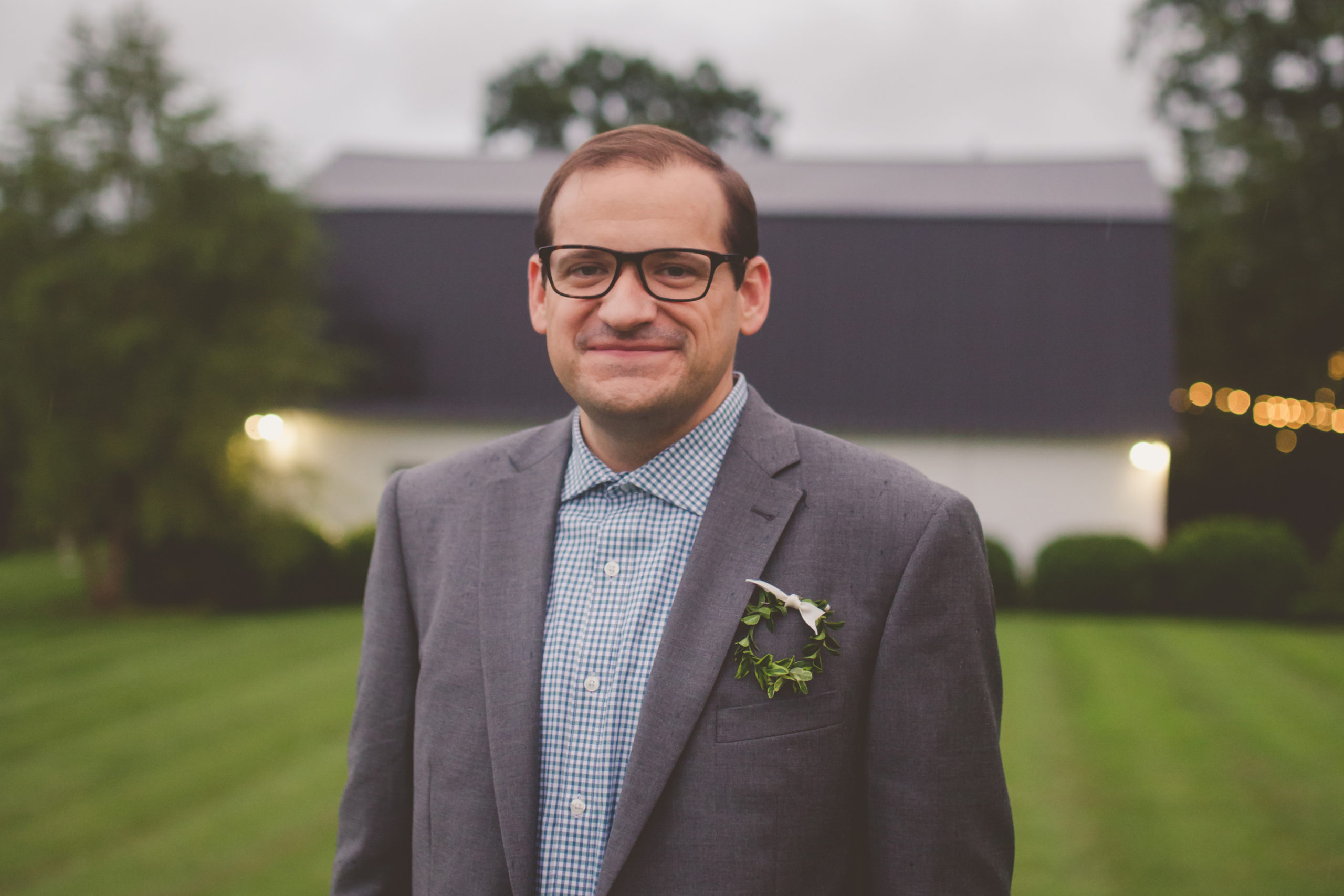
Note from the Editor: The following is the author’s perspective.
With legal sports betting on the horizon, Virginia is poised to embark on a new frontier. However, the commonwealth is entering uncharted territory with some challenges and a considerable amount of baggage.
The reason behind this is the ban on Virginia college betting, which specifically prohibits wagering on in-state colleges and universities.
In 2020, Virginia joined the list of states legalizing sports betting and became the second state to do so. Consequently, the first online sports betting operator is expected to launch in early 2021. However, it is important to note that this operator will not offer some of the most appealing betting choices for residents of Virginia.
The Virginia Lottery is nearing the end of the legislative process as it undertakes regulatory responsibilities for sports betting in the state.
Following the endorsement of state representatives and Virginia Governor Ralph Northam, regulations were drafted for legal sports betting. These regulations must now undergo approval by September 15th.
However, the deadline for the public to provide input on the rules is September 9th.
However, a probable sportsbook operator has already raised a few concerns.
Caesars Entertainment addresses banned betting
The first notable public comments were submitted by Caesars Entertainment, who specifically mentioned a restricted market.
Caesars lobbyist Ken Hutcheson delivered a convincing argument that focused on Virginia’s prohibition of Olympic betting, despite the company facing justified criticism for its lack of emphasis on responsible gaming.
However, the same argument and logic can be extended to the college betting restrictions. These guidelines forbid placing bets on in-state colleges and also prohibit prop bets on college sports nationwide.
The Virginia sports betting statute does not include a ban on betting on Olympic sports, and there is no legitimate reason for this prohibition. Instead, it causes people to place their bets in other states where it is allowed or with illegal bookmakers, which goes against the main goal of legalized sports wagering – promoting transparency and consumer protections.
Implementing these bans may create an illusion of promoting responsible gambling, but in reality, they often serve as mere superficial measures. Past experiences have demonstrated that the most effective approach to eradicate corruption and prevent match-fixing lies in establishing a robust and tightly regulated betting market.
Furthermore, while athletic program administrators have taken the lead in combating betting on Virginia colleges and universities, it is important to note that these institutions form a significant part of the sports scene in VA. If legalized, they would also play a crucial role in shaping the landscape of sports betting in the state.
Virginia college betting is a common language
Due to the absence of any major professional sports teams, Virginia residents often resort to neighboring states to express their unwavering support for professional sports.
Virginia certainly has plenty of supporters of Washington, DC’s professional sports teams. However, when it comes to college sports, being a devoted fan is a cherished tradition in Virginia.
Local sports became my go-to icebreaker with new neighbors when I relocated to Virginia in 2019.
The conversations flowed effortlessly once I brought up my profession as a sports writer and shared that my family members had attended the esteemed James Madison University and the Virginia Military Institute, which were both in close proximity.
As we chatted, my dog would excitedly tap her little paws, eager to continue her evening walks. Our conversations revolved around various topics, such as Virginia Tech’s prospects against Notre Dame in football, or the possibility of the University of Virginia repeating as national basketball champions.
In February, I had the opportunity to attend a VMI-Wofford basketball game right here in Lexington. I traveled a short 3 miles to the venue and joined a crowd of 786 enthusiastic attendees. The Saturday afternoon event was truly exhilarating, especially when considering the incredibly affordable $5 admission fee for a genuine Division I basketball game.
Although I must confess, it would have been much more exciting if I had the opportunity to place a legal bet while cheering for the Keydets.
Virginia boasts a plethora of Division I college sports options within its state lines.
In the realm of college football, UVA and Tech stand as the prominent teams. These two institutions are among the four FBS programs in Virginia, along with Liberty University and Old Dominion University. Additionally, Virginia boasts six more institutions in the FCS subdivision, namely Hampton University, JMU, Norfolk State, University of Richmond, VMI, and William & Mary.
Furthermore, the state boasts numerous Division I basketball programs, including Richmond and Virginia Commonwealth University, which are recognized as prominent mid-majors.
If there was only a local and legal way for Virginians to place bets on those games.
Competition for Virginia’s sports betting market
In terms of household income, Virginia ranks as the 11th largest state in the US with an average of $72,577. Additionally, it stands as the 12th most populous state, housing approximately 8.5 million residents.
According to a legislative study conducted in 2019, it was projected that Virginia’s mobile sports betting revenue could reach approximately $400 million by 2028 once it reaches maturity. However, if the proposed casinos in Bristol, Danville, Norfolk, Portsmouth, and Richmond become operational and offer in-person sports betting, this figure could potentially increase to $462 million.
In essence, Virginia holds the potential to become a highly profitable destination for sportsbook operators. Nonetheless, according to the Caesars representative, if bettors are unable to find what they desire within the state, they may opt to seek alternatives elsewhere. Thus, the prohibition on betting on Virginia college sports may compel them to seek options outside the state.
Virginians won’t have to venture too far once Virginia sports betting officially kicks off, most likely in early 2021. However, they will face stiff competition from almost every direction.
Virginia borders five states and Washington, DC. Out of these six regions, five already have sports betting options available, such as West Virginia and DC. Additionally, Tennessee is expected to join in the coming months. However, it is worth noting that none of these locations have implemented the same level of restrictions on in-state and college sports betting as Virginia has.
Once the VA Lottery grants licenses and the market flourishes, Virginia could potentially host a maximum of twelve sportsbooks, out of which seven would be exclusively online. Moreover, operators can benefit from a reasonable tax rate of 15%. Assurances from lawmakers and regulators ensure that customers will have a plethora of options in a competitive marketplace.
The ban on Virginia college betting hinders sportsbook operators from providing the most enticing betting options, which is truly regrettable.







